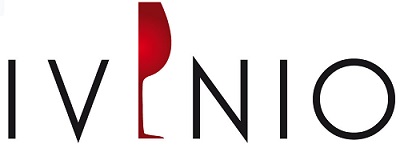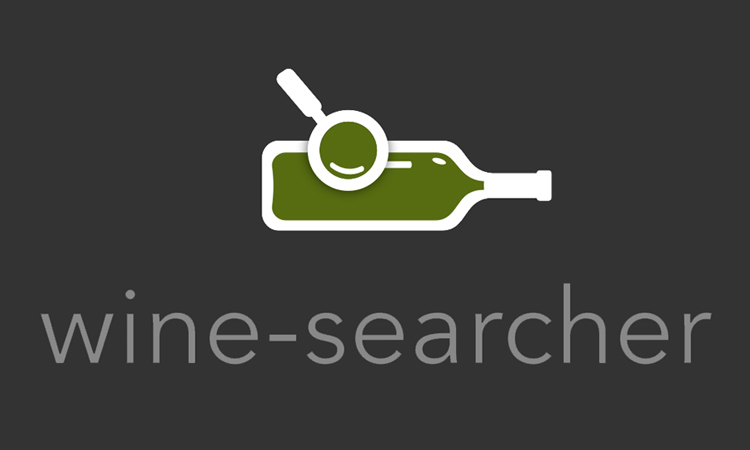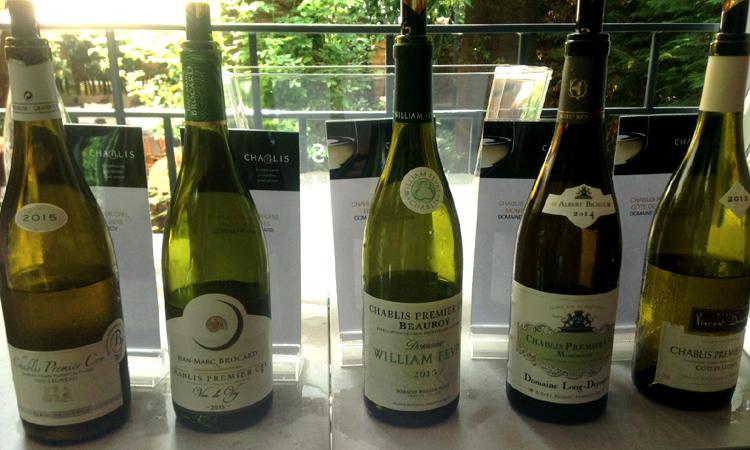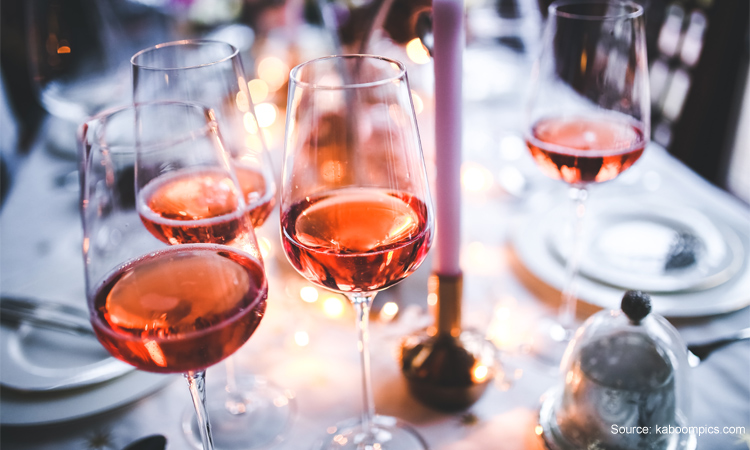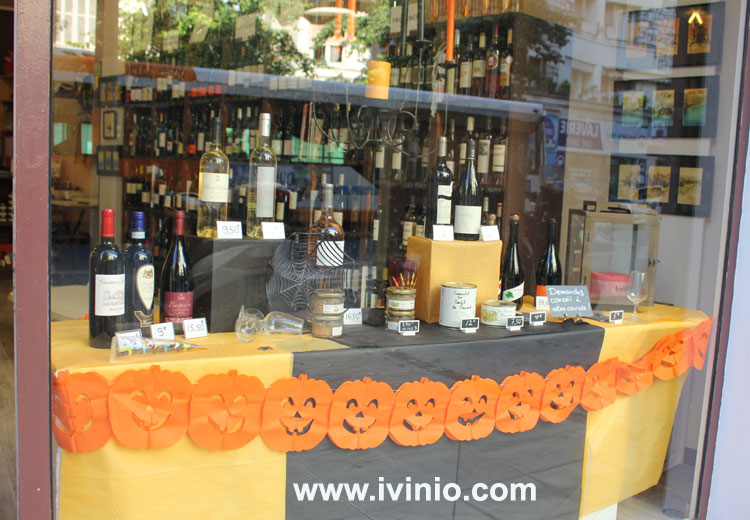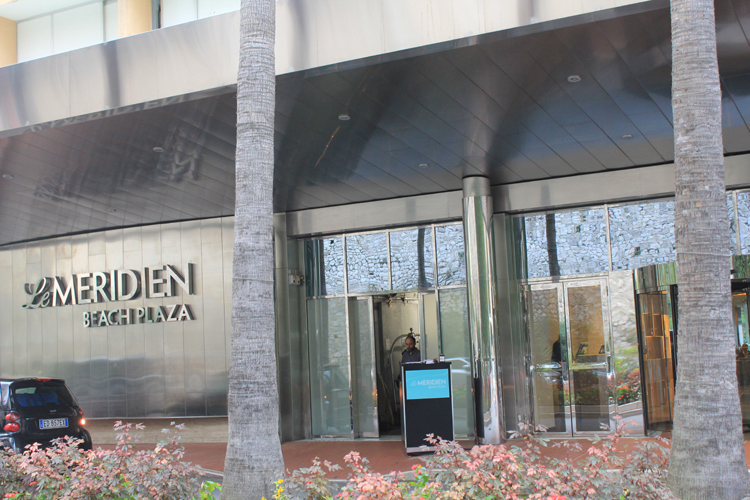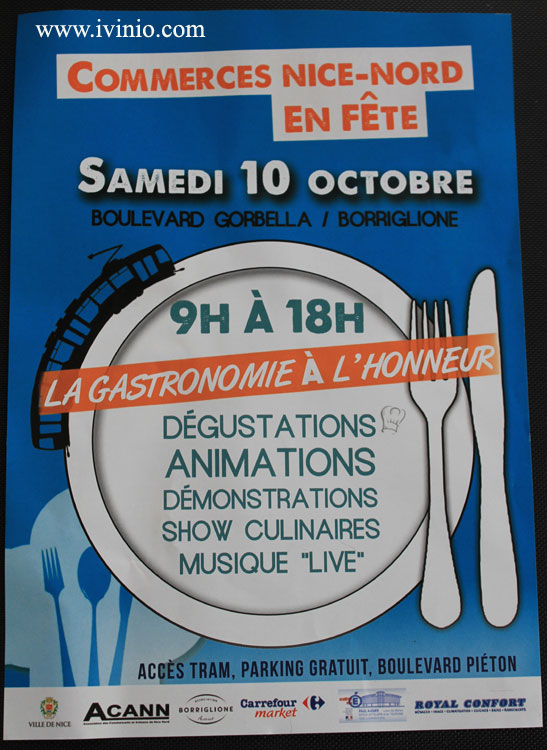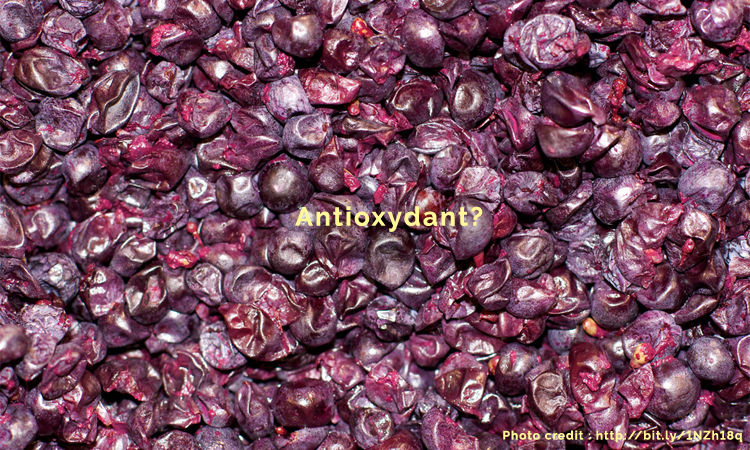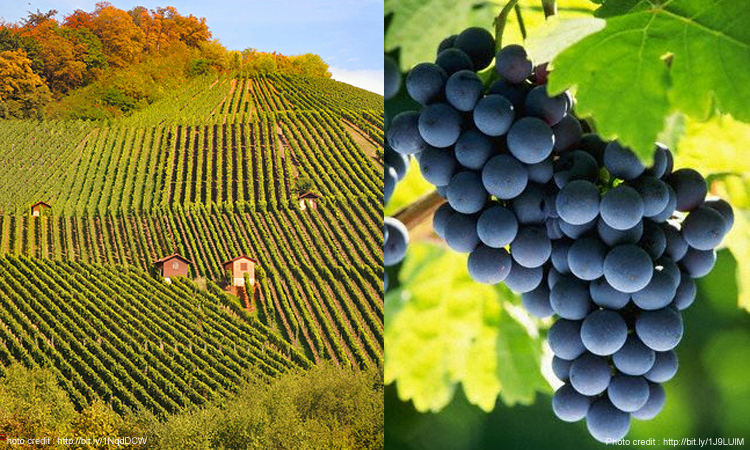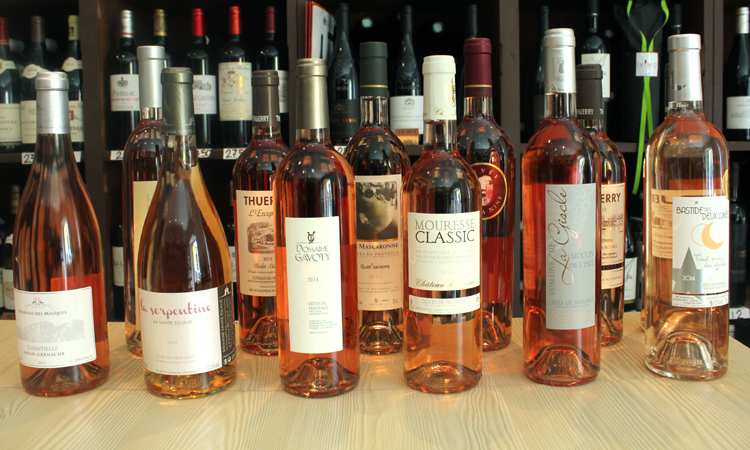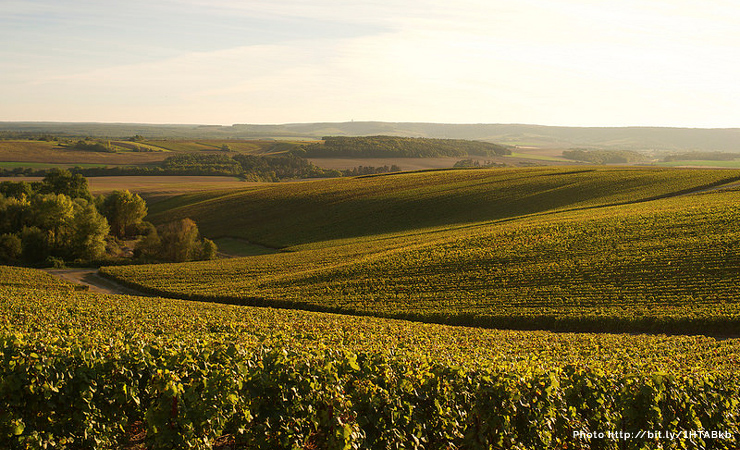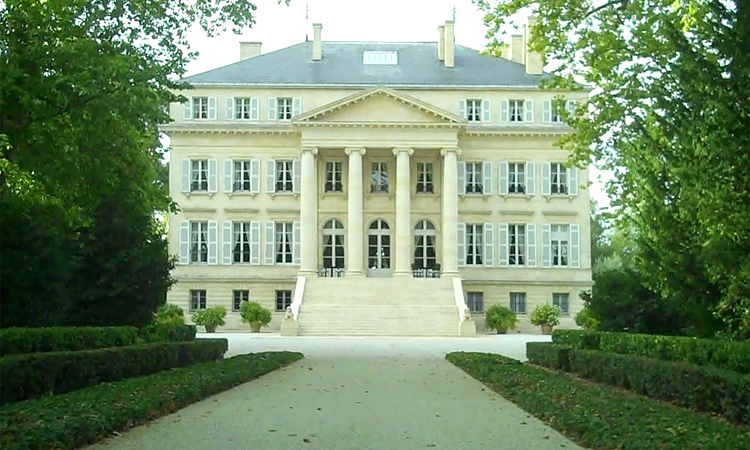
« Château-wines » – is it a guarantee for best quality?
Château Margaux
If someone ignores it, château means castle in French and the word is often used in the name of prestigious wines in France, mainly in the names of wines coming from Bordeaux. A Château-name is undoubtly charged with prestige and brings to mind beautiful castle buildings where the wine is produced. But how is this really, is it just the finer wines that have "Château" in their name and do all the Château wines also have beautiful castle buildings?
It all started in Bordeaux and the Château-denomination was initially utilized in the vineyards' names as from the mid-1800s. Château Margaux is said to have been the first winery which started using the castle name and Margaux has indeed a very beautiful and impressive castle complex. However, at the Bordeaux Wines Official classification in 1855, there were only 5 of the classified wineries which had the word "château" in their name.
Two years later, in 1857, the first trademark law in France was adopted and in summary it requested that the name of a vineyard should be distinctive in order to be protected by law. The "Chateau" denomination therefore became a way to make the winery's historic name unique and protectable. This is considered to have been the starting point for the development of the Chateau wines of Bordeaux. Today, according to the "Federation des Grands Vins de Bordeaux", 90% of Bordeaux's 9100 wine estates are Château-wines. The remaining 10% have usually taken other denominations such as Domaine, Mas, Clos etc ..
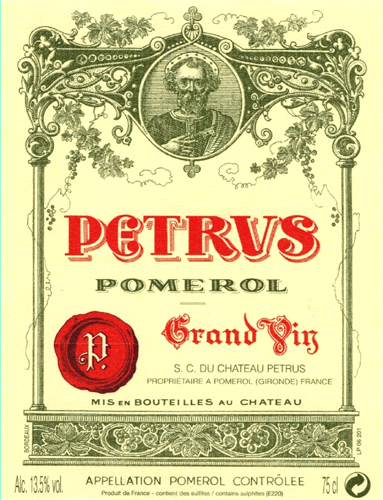 Some, such as Petrus, has no description at all despite the fact that Petrus meets the requirements for being a château wine. The label says for example, "Mise en bouteille au château" and to complicate a bit more, it should be mentioned that Petrus doesn't have a castle on the property…
Some, such as Petrus, has no description at all despite the fact that Petrus meets the requirements for being a château wine. The label says for example, "Mise en bouteille au château" and to complicate a bit more, it should be mentioned that Petrus doesn't have a castle on the property…
The château-concept in Bordeaux made such a success in the second half of the 1800s that the term moved from Bordeaux, also to other parts of France. However, not with the same impact. Chateau wines can be found in most French wine regions, but not to the same extent as in Bordeaux. Burgundy is usually used as a counter-example to Bordeaux as the most prestigious Burgundy wines still go by the name "Domaine".
The Château-denomination had finally such a success in the late 1800s, that besides the trademark issue, there was also created quality standards for the Château wines denomination. These quality standards have emerged in France over the years, mainly to protect the Château-names from being trivialized. The latest decree from the 4th of May 2012 sets three well-defined requirements for the use of the Château-denomination :
-the wine in question must be included in any of the French wine appellations (AOP)
-the grapes used in the wine production should have been picked on the estate (not purchased from outside).
-the wine must have been produced on the estate which also gives the claim "Mise en Bouteille au Château" (bottled in the castle)
In summary, it's only appellation wines made from a wine property's self cultivated grapes, having been vinified on the estate itself, that can be called "Château". The Château-denomination is thus in itself no guarantee that there will be a beautiful castle in the vineyards. The Château denomination is rather to be considered as a quality guarantee that can be used only for wines which meet the three mentioned criterias.
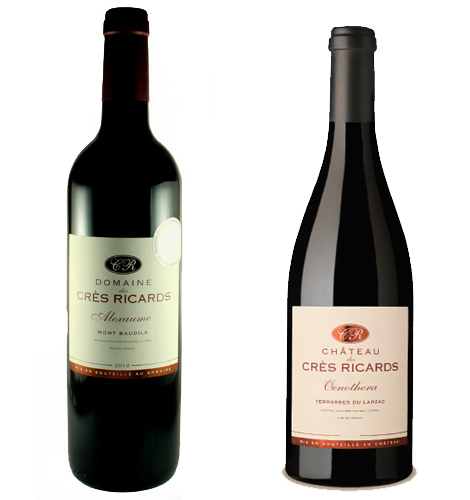
Our excellent "Alexaume" IGP comes from Domaine des Crès Ricards but Oenothéra AOP from Château des Crés Ricards – both from the same winery…
Is then a Château-wine better than a French wine which is not a Château-wine?
Not obviously. There are wineries which don't have "Château" in their name, but which meet the requirements to be Château wines. Furthermore the answer depends on how you consider the French appellation system. A Château-wine is only AOP-wines, ie included in the appellation system and thereby meet with the most restrictive rules in the French wine classification.
Domaine, Clos, Mas etc … can on the other hand be used on wines which on paper are simpler, ie IGP wines, or even table wine (vin de table). However, many good quality wines are today produced regardless to the classic appellation system. These are mostly wines from winemakers who go their own way and who don't respect the AOP-system with its more conservative rules in the wine production. These kinds of wines, even when exceptional, can never claim the Château denomination.
The Château-term should rather be seen as a symbol for protection of authenticity, tradition and genuineness. A Château-wine has been produced using traditional methods, with local grape varieties and the wine in question has not flown around, but has been produced at the winery where the grapes were picked.
On the other hand, the Château-designation does not guarantee that the wine has been manufactured in a castle. Nor is there any guarantee that in reality there is a castle-like building whatsoever on the winery's estate. In many cases, you will just enjoy a beautiful name on the bottle !
